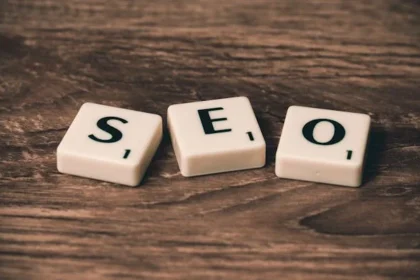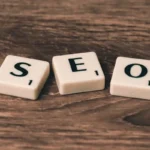In today’s data-driven world, almost every aspect of our lives can be tracked, measured, and analyzed. From wearable fitness devices to productivity apps, technology allows individuals to quantify their behaviors, habits, and even emotions. This growing trend is often referred to as being disquantified, a concept that explores the implications of living in an increasingly measured society. The term may seem abstract, but its impact is tangible, influencing health, personal efficiency, and privacy considerations.
What Does Disquantified Mean?
The concept of being disquantified builds upon the quantified self movement, which encourages individuals to track personal metrics such as steps, calories, sleep patterns, and other health indicators. However, disquantification extends this idea further by emphasizing not just self-tracking, but a broader awareness of how external systems, companies, apps, and even governments measure and analyze our behavior.
A useful resource for understanding this concept is www.disquantified.org, which provides insights into how personal and societal metrics intersect. By exploring these ideas, users can gain a better understanding of how technology shapes their decisions, routines, and even emotional responses.
Why Society is Becoming Disquantified
Several factors contribute to the rise of disquantification:
- Technology Advancements – Smartphones, smartwatches, and IoT devices provide endless opportunities for data collection.
- Cultural Emphasis on Self-Optimization – In the United States, there is a strong focus on productivity, health, and efficiency, making tracking tools highly popular.
- Corporate and AI Analytics – Companies like Fitbit, Apple, and Google analyze user data to improve services, while AI-driven platforms study behavioral patterns to predict trends.
By examining these trends, it becomes clear that disquantification is not just a personal choice but a societal phenomenon, shaping how we interact with technology and measure our lives.
Benefits of Being Disquantified
Living in a disquantified world has tangible advantages:
- Enhanced Self-Awareness: Tracking behaviors helps people understand patterns in health, productivity, and lifestyle choices.
- Informed Decision-Making: Data allows individuals to make decisions based on measurable results rather than assumptions.
- Opportunities for Personal Growth: Quantifying habits can motivate improvements and set achievable goals.
For example, wearable devices from companies like Fitbit and Apple provide detailed reports on sleep quality and activity levels, enabling users to adopt healthier routines. Platforms like RescueTime help users understand productivity patterns and manage digital distractions effectively.
Challenges and Ethical Considerations
While the benefits are compelling, disquantification raises important ethical and practical concerns:
- Privacy Risks: Sharing data with apps or online platforms can expose sensitive information if not handled securely. In the USA, privacy regulations like CCPA (California Consumer Privacy Act) provide some protection, but users must remain vigilant.
- Data Overload and Stress: Constant monitoring may lead to anxiety or over-analysis, causing counterproductive outcomes.
- Dependence on Technology: Over-reliance on metrics can reduce intuition and decision-making skills.
Competitors in this field, such as quantifiedself.com and healthline.com, offer similar guidance, but www.disquantified.org differentiates itself by addressing the broader societal and ethical implications of being measured, rather than focusing solely on personal tracking.
Practical Recommendations for Navigating a Disquantified Life
- Use Metrics Mindfully: Track what truly matters instead of attempting to measure everything.
- Prioritize Privacy: Regularly review app permissions and limit data sharing where possible.
- Balance Data with Experience: Avoid letting metrics dominate life; human intuition remains essential.
- Educate Yourself: Explore reliable resources like www.disquantified.org, quantifiedself.com, and government privacy guidelines to stay informed about data ethics.
- Be Critical of Competitor Tools: Many apps and platforms focus heavily on optimization and marketing, so evaluate their recommendations carefully before adoption.
Conclusion
The world is becoming increasingly disquantified, and awareness of this phenomenon is essential for navigating modern life responsibly. Platforms like www.disquantified.org provide valuable insights into the intersection of personal data, technology, and society. By understanding the benefits, risks, and ethical considerations of living in a measured world, individuals can make informed choices, protect their privacy, and maintain a healthy balance between data-driven decisions and real-life experiences. Disquantification is here to stay, but with mindful practices and thoughtful engagement, it can enhance rather than dominate our daily lives.






